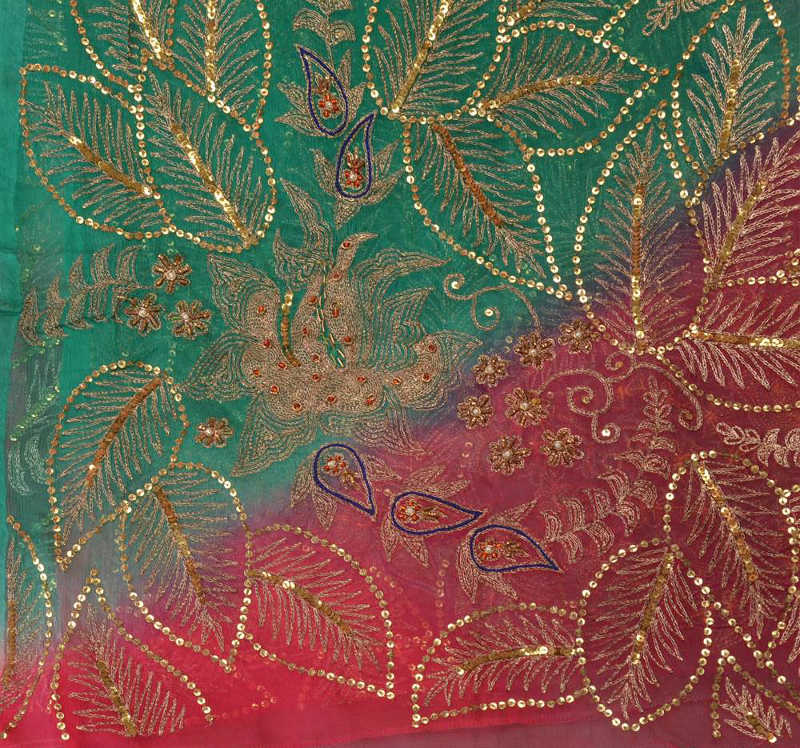===
0398,
7
===

=== |
 |
mażkūr : 'Remembered; recorded; mentioned, expressed, related, said; ... —s.m. Mention, relation, account, discourse, statement; the contents or substance of a written statement'. (Platts p.1018)
FWP:
SETS == JO
MOTIFS
NAMES == MAJNUN
TERMS == THEMEThe first line gets quite a jolt of multivalent possibility from that jo . 'Majnun, who was a desert-wanderer' is a ready reading for the first half. But then the second half doesn't connect: 'Majnun, who was a desert-wanderer-- we are a city-wanderer'. It seems necessary to choose something more like a correlative reading: 'in that', or 'since', or 'in the way that' Majnun was a desert-wanderer, 'similarly' or 'correspondingly' or 'in the same way' we are a city-wanderer.
Left ambiguous is the nature of the comparison: is the speaker emulating the admirable Majnun, or competing on equal terms with him, or saluting him as a comrade, or feeling superior to him (since perhaps a city is more demanding terrain than a mere desert)? The grammatical minimalism helps to keep the possibilities open-ended.
In the second line, the combination of the interrogative and the future subjunctive similarly works to keep open various possibilities of tone:
=Why would it not be mentioned? It would be, of course! Probably it is being mentioned already, and quite properly too. In the future it is destined to become better and better known, wherever stories are told.
=Why would it not be mentioned? For it to be overlooked would be very suspicious! If it would not be mentioned, the reason would probably be something discreditable (envy, petty resentment?).
=Why should it not be mentioned? It well deserves to be widely known! It really ought to be mentioned; there is a kind of moral imperative in favor of mentioning it.
SRF emphasizes the question of whether Mir's wandering would be 'mentioned' orally or in writing. But surely this isn't a real concern, because at the heart of the verse is the comparison and/or contrast between Majnun and Mir, and between the desert and the city. We know that Majnun's desert-wanderings have been celebrated both orally and in writing (not to speak of painting), and nothing in the verse gives us cause to feel that any special form of historical memory is being distinguished from any other.